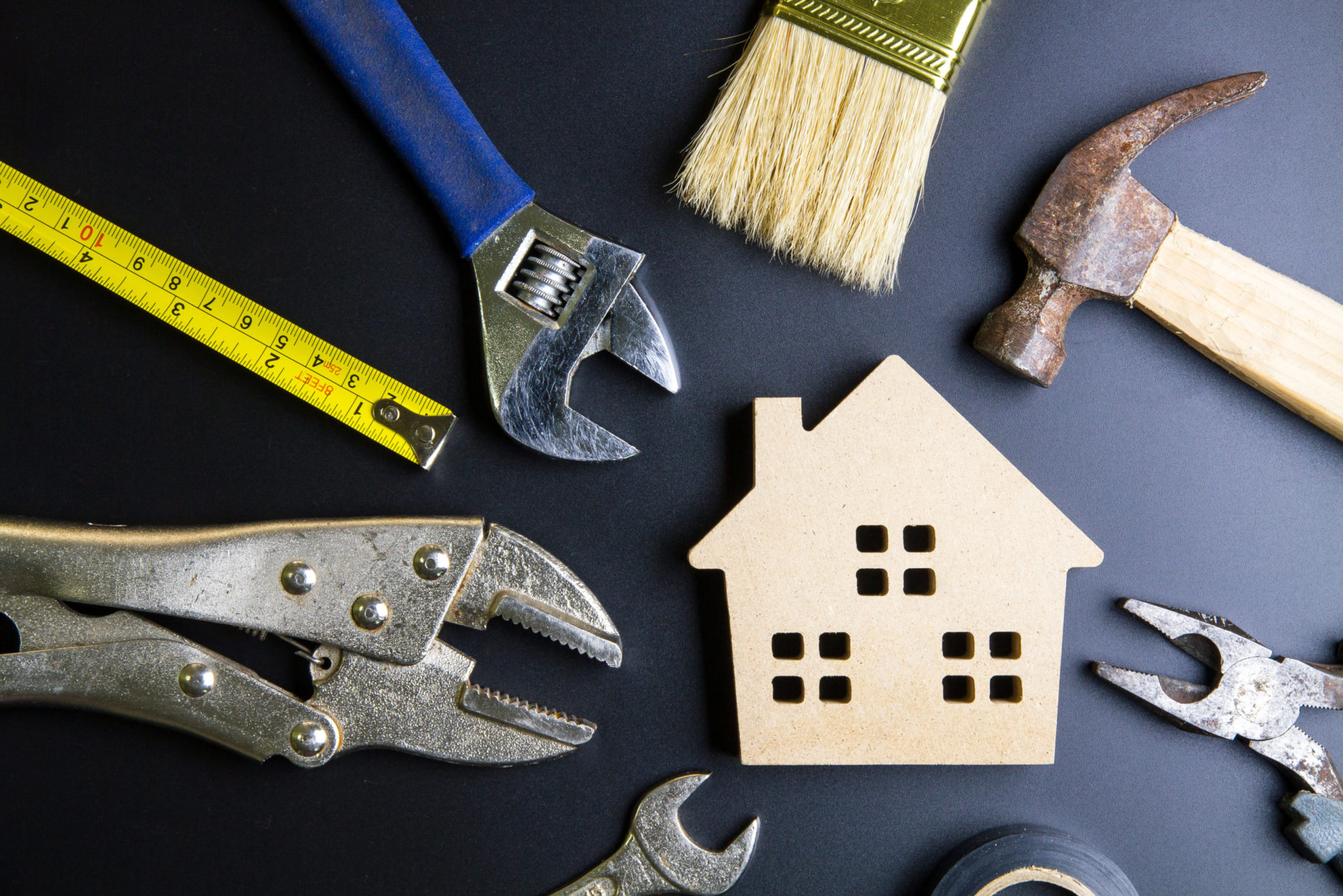
What Safety Requirements Are Landlords Responsible For?
Being a landlord comes with all different kinds of responsibilities. You need to keep up to date with maintenance, pay council rates and taxes, but arguably one of the most important is making sure that your rental property meets all safety requirements. In Australia, Common Law dictates that landlords can guarantee the safety of their home and its contents. Falling behind on fire safety, electrical maintenance or failing to install locks and security measures can result in legal and financial issues for you and your tenants down the line. But don’t worry, we’ve put together a list of safety requirements landlords are responsible for, so read on to make sure your rental property ticks all the boxes.
Smoke Alarms
It’s common knowledge that smoke alarms save lives. In Australia, landlords are responsible for installing smoke detectors in homes, units, flats and townhouses. What’s more, they’re also responsible for the maintenance, specifically:
- If a smoke alarm is not in working order, landlords must ensure the alarm is repaired and the battery is replaced within 2 business days.
- Landlords must check smoke alarms and replace batteries every year.
- Landlords must ensure smoke alarms are replaced within 10 years of manufacture.
Fire safety is an essential part of property management, to learn more about your obligations as a landlord, you can take a closer look at the Building Code of Australia.
Safety Switches
Some states and territories require landlords to install safety switches for power outlets, lighting circuits, and power circuits. These rules apply in various forms in Queensland and Western Australia, while others have their own specific recommendations or requirements. Penalties may apply if safety switches are not installed, so it’s important you get acquainted with your local requirements. Still not sure? Consult a licensed electrician for more information about your obligations.
Urgent Repairs
When you think of safety requirements, repairs are probably not the first thing that comes to mind. However, not addressing urgent repairs in a timely manner could turn the situation into a safety hazard. But what constitutes an urgent repair? Under the Residential Tenancies Act 1997, an example of urgent repairs in a rental property are:
- Burst water service
- Blocked or broken toilet system
- Gas leak
- Dangerous electrical fault
- Serious flood or storm damage
- Breakdown of any essential service or appliance provided by a landlord (i.e water, heating, etc)
As a landlord, you’re responsible for attending to these property issues as soon as possible as a delay could impact your health and safety obligations to your tenants.
Gas Safety Equipment
Similar to safety switches, gas safety requirements differ from state to territory. However, at a minimum, landlords are required to keep gas fittings, flues, and chimneys well maintained. It’s essential that maintenance and installations are carried out by licensed gas-fitters to ensure the equipment and fittings meet legal safety standards.
Locks And Security
As a landlord, you must be able to guarantee that your property offers a reasonable level of security. Once again, the requirements vary depending on location but providing high-quality locks on all entrances and windows, security doors and cameras are a good place to start.
Pool Safety Equipment
Does your rental property have a pool or space? Safety requirements also apply to property’s outside space. According to local government building laws and residential tenancy laws, landlords must ensure that fence is installed around any pool or spa. However, there are different definitions of what constitutes a pool or space. For example, in Western Australia pools deeper than 30cm are required to have safety barriers. Water safety is particularly important for tenants with young children, so make sure you familiarise yourself with the safety requirements in your area.
Window And Balcony Safety
Each year, more than 50 children fall from balconies or windows in Australia, causing serious injuries or even death. As a landlord, it’s your responsibility to ensure locks are installed on all windows, particularly those in multi-storey properties or close to balconies. What’s more, it’s important to keep an eye on the condition of balconies or patios. These areas are exposed to the elements, leaving them vulnerable to water damage or decay. Avoid turning them into a potential safety hazard by assessing them thoroughly during each property inspection.
Protecting the health and safety of tenants should be the primary concern for all landlords. And the first step towards keeping your home safe is understanding where your safety responsibilities begin and end. If in doubt, make sure you consult a licenced builder, plumber or electrician. All Electrics is here to help, contact us today to learn more about where and how to make improvements to your property.

